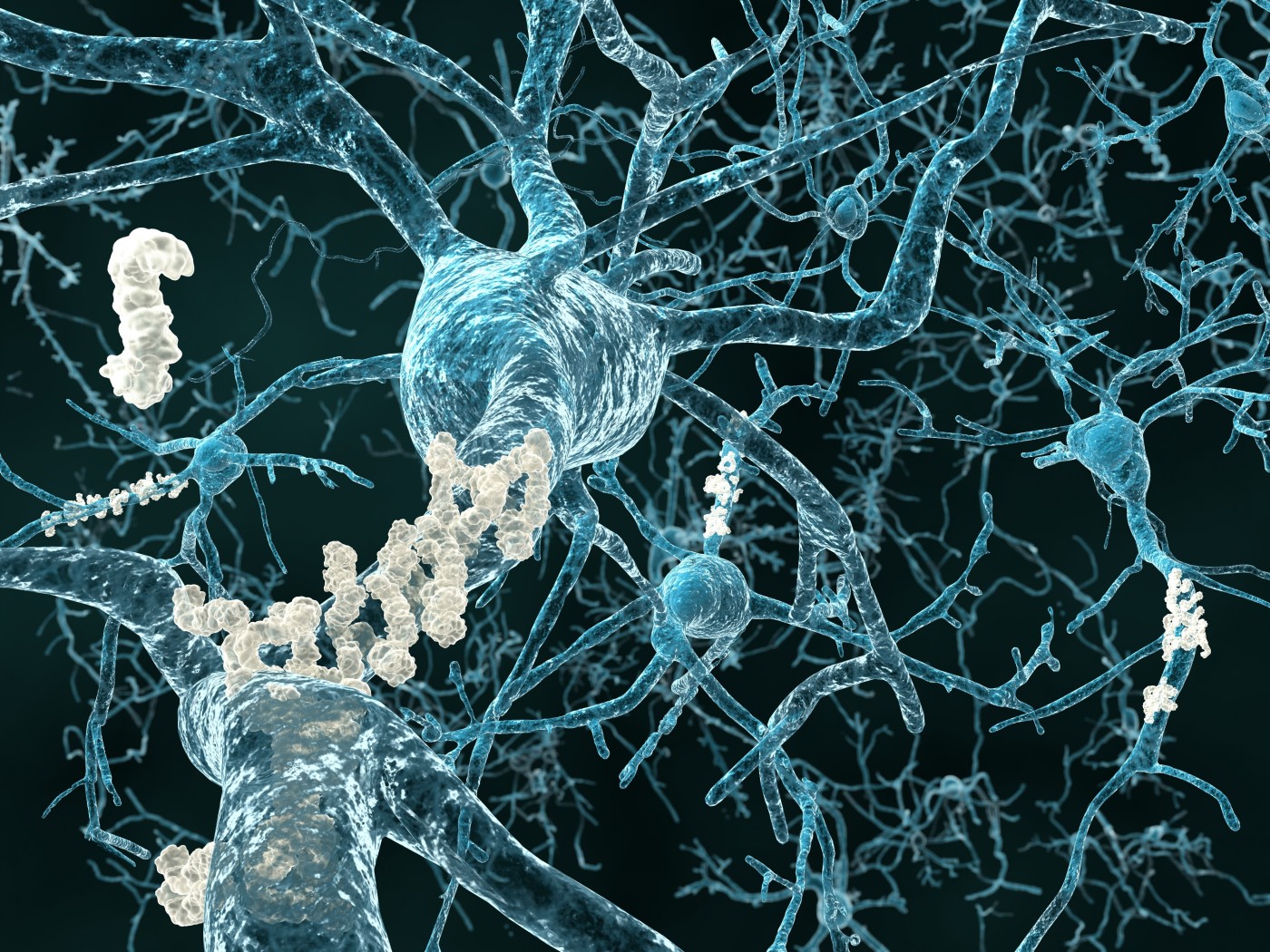Alzheimer’s Review Highlights Importance of Epigenetic Changes
Written by |

A recent review discussed how genes implicated in aging and Alzheimer’s disease exhibit epigenetic changes, indicating the same changes might exert a pathogenic role in dementia. The study, titled “Epigenetics of Aging and Alzheimer’s Disease: Implications for Pharmacogenomics and Drug Response,” was published in the International Journal of Molecular Sciences.
Epigenetics is the study of cellular and physiological phenotypic trait variations that are caused by external or environmental factors that switch genes on and off, and affect how these genes are read. This is the opposite of genetic variations caused by changes in the DNA sequence. Epigenetic variability is common in physiological and pathological conditions.
Evidence has shown that epigenetic alterations are present in different tissues as a result of the aging process and in neurodegenerative conditions such as Alzheimer’s disease (AD), a complex and multifactorial disorder in which hundreds of genetic variants — involving over 600 genes — might be involved. Conventional genomics does not fully explain AD pathogenesis, and epigenetics may help to understand some events.
Major epigenetic mechanisms may contribute to AD pathology, although evidence is still very limited. In this review, Ramón Cacabelos from the Institute of Medical Science and Genomic Medicine and Clara Torrellas from the Camilo José Cela University, Spain, gathered the current evidence regarding the epigenetics of aging and AD, and summarized the importance of epigenetics in different domains, including its potential for drugs development.
Among the authors’ conclusions:
- Epigenetic variability is dependent on sex and age, and affects longevity and life expectancy.
- The genetics of AD’s pathology display epigenetic changes, which indicates that epigenetics may play a role in the pathogenesis of dementia.
- DNA methylation influences phenotype differences, such as susceptibility to certain diseases and pathogens, and response to drugs and xenobiotic agents.
- Epigenetic modifications are associated with drug resistance, are reversible, and might be targeted by dietary and pharmacological interventions.
- Drugs targeting epigenetic changes may reverse these changes in gene expression, opening future avenues for the treatment of major disorders.
- Many epigenetic drugs have been developed, such as DNA methyltransferase inhibitors, histone deacetylase inhibitors, histone acetyltransferase modulators, histone methyltransferase inhibitors, histone demethylase inhibitors, and non-coding RNAs, all with potential effects against major health problems. Some epigenetic drugs have been approved for the treatment of some cancers.
- Pharmacoepigenomics deals with the influence that epigenetic alterations exert on the genes involved in the pharmacogenomic network responsible for the pharmacokinetics and pharmacodynamics of drugs (efficacy and safety), as well as the effects that drugs may have on the epigenetic machinery.
- Genes involved in the pharmacogenomic process include pathogenic, mechanistic, metabolic, transporter, and pleiotropic genes that are susceptible to epigenetic modifications, leading to altered expression of enzymes and proteins with consequent therapeutic effects.
In light of these findings, the authors conclude that research is continuing to show that epigenetic changes are crucial in the pathogenesis of many disorders, and in drug response and resistance. Pharmacoepigenetic research should be considered as a routine procedure for the appropriate assessment of safety and efficacy issues in clinical trials and drug development.





